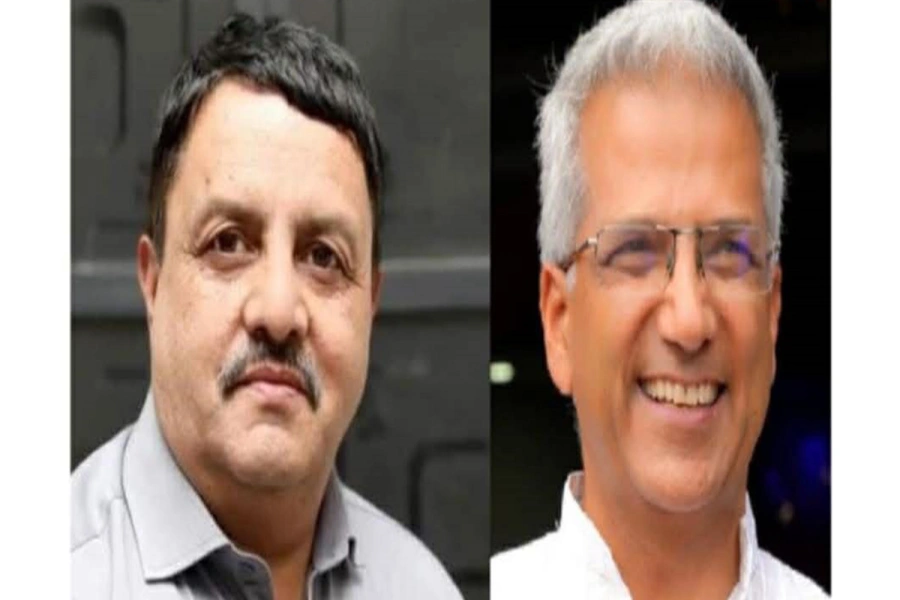It is unfortunate that Nepal Police looks at empowering the APF as a threat to its interests. Instead of welcoming the move, Nepal Police is hell-bent on clipping the wings of its brothers-in-arms. Before protesting the proposal, Nepal Police should do some soul-searching on whether it has been able to properly deliver its services and commitments to the people or not.
While Nepal Police has been very efficient in solving crimes as seen from the success of the mysterious Ranibari murder case, it has failed to a great extent in preventing crimes. The ratio of the total strength of police to the current population of Nepal is 1:395, which is very much inadequate to maintain law and order. It would be wise to learn lessons from the past because the numerical disadvantage was one of the reasons why Nepal Police pathetically failed to curb the Maoist insurgency.While the population of Nepal has increased by 3.4 million from 2, 31, 51, 423 (2001 census) to 2, 66, 20,809 (2011 census), the number of police personnel has gone up by 11,347 to the current strength of 67,416. Statistically, it is a better ratio as compared to the earlier one, but, practically it is still short of the required strength for effective policing, which is evident from the way policemen handle cases.
While visiting a police station one can clearly notice the stress and tensions police officers have to go through because of insufficient manpower. One can hear telephone ringing every now and then and the facial expression and tone of the officers changing, from politeness to rudeness. Such is the pressure that the police officers often forget their gentle behavior and let their actions speak, often resorting to violent acts.
Whenever a complaint is filed at a police station, the first thing that the law enforcers ask the disputing sides is to reach a mutual understanding between them, without paying any attention to which party is right and which one is wrong. Unless it is a heinous crime, they don't show any interest in providing justice to the victims because all they want is 'to get the monkey off their backs'.
In such a scenario, the help from 25,000 plus Armed Police Force should have been a pleasant respite for the police force, which has been tainted by various scandals including the recent Armored Personnel Carrier scam that led to the sacking of the then IGP Ramesh Chand Thakuri.
APF's primary objective as a paramilitary force after its inception in 2001 was to fight the Maoist insurgents and 'to maintain peace and stability in the country by protecting the people's freedom, lives and property,' after the Nepal Police failed to do so.
According to Article 6 (1) of the APF Act, the force can be mobilized for containing armed conflict, armed insurgency and separatist activities, control terrorist activities, riot control, protection of VIPs and vital installations, rescue in disasters, rescue hostages, take actions during heinous and grievous criminal activities, protection of Nepal's international border and to assist the Nepal Army in case of foreign aggression. There seems to be no reason why APF should not be mobilized to assist Nepal Police in peaceful time like it did during the conflict era.
All the fuss created by the pro-police supporters make no sense because Article 24 (2) of the APF Act gives the paramilitary force the right to arrest any person upon suspicion of involvement in any criminal activities and handover to the local police. The main fear of the Nepal Police is losing its credibility if the APF performs better than it, if given equal powers. All the hue and cry only point out that a sense of rivalry has developed in the police force instead of a feeling of healthy competition and cooperation.
Perhaps it has to do with the direct interaction of the police with the public and the backdoor income it has been generating through illegal means. For instance, police often seek their share after recovering stolen items. Recently, an earthquake victim sought help from the police to recover gold ornaments from a collapsed building. The police did help the victim but half the gold went missing.
Not all policemen are corrupt but the precedent set by an inspector general of police, the highest-level officer of the force, compels one to look at the entire institution with suspicion. Rumors of corruption right from the time of recruitment to promotion of high-level officers of the Nepal Police make up the stories time and again. There have been accusations of the police being complicit in crimes involving political nature and the alleged encounter of notorious gangster 'Chari' after losing favor from his political patron best explains the Jekyll and Hyde nature of the Nepal Police.
When corruption has become the norm de rigueur of the police force and it has failed to deliver its primary objective of crime control and protecting the weak and the helpless as mentioned in Article 15 (1) of the Police Act 1956, isn't it time to give a chance to the emerging APF, which has often proved to be an effective force in maintaining law and order?
The author is a Republica Correspondent
redevil.neeraj@gmail.com
Managing sibling rivalry






























-1200x560-1771928761.webp)









